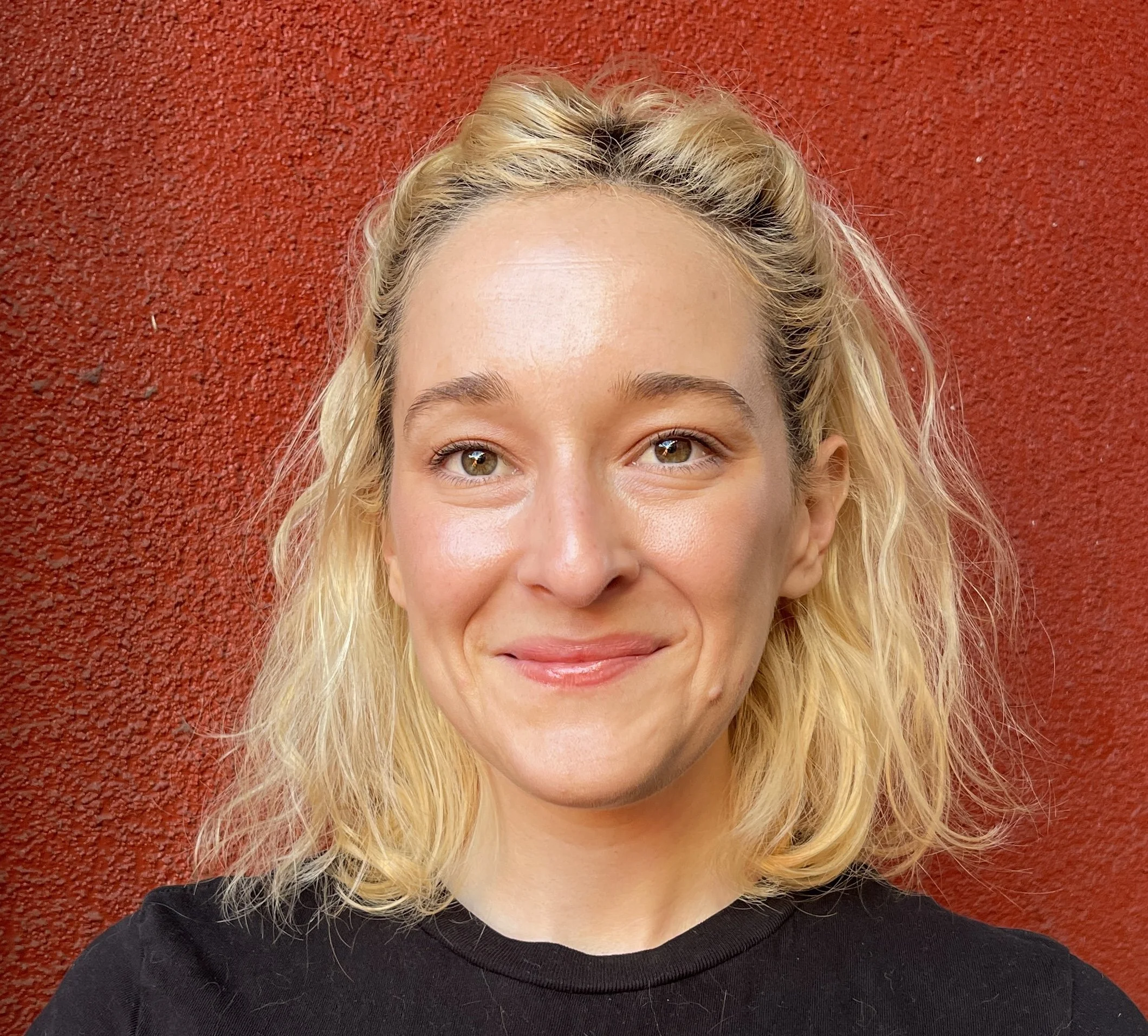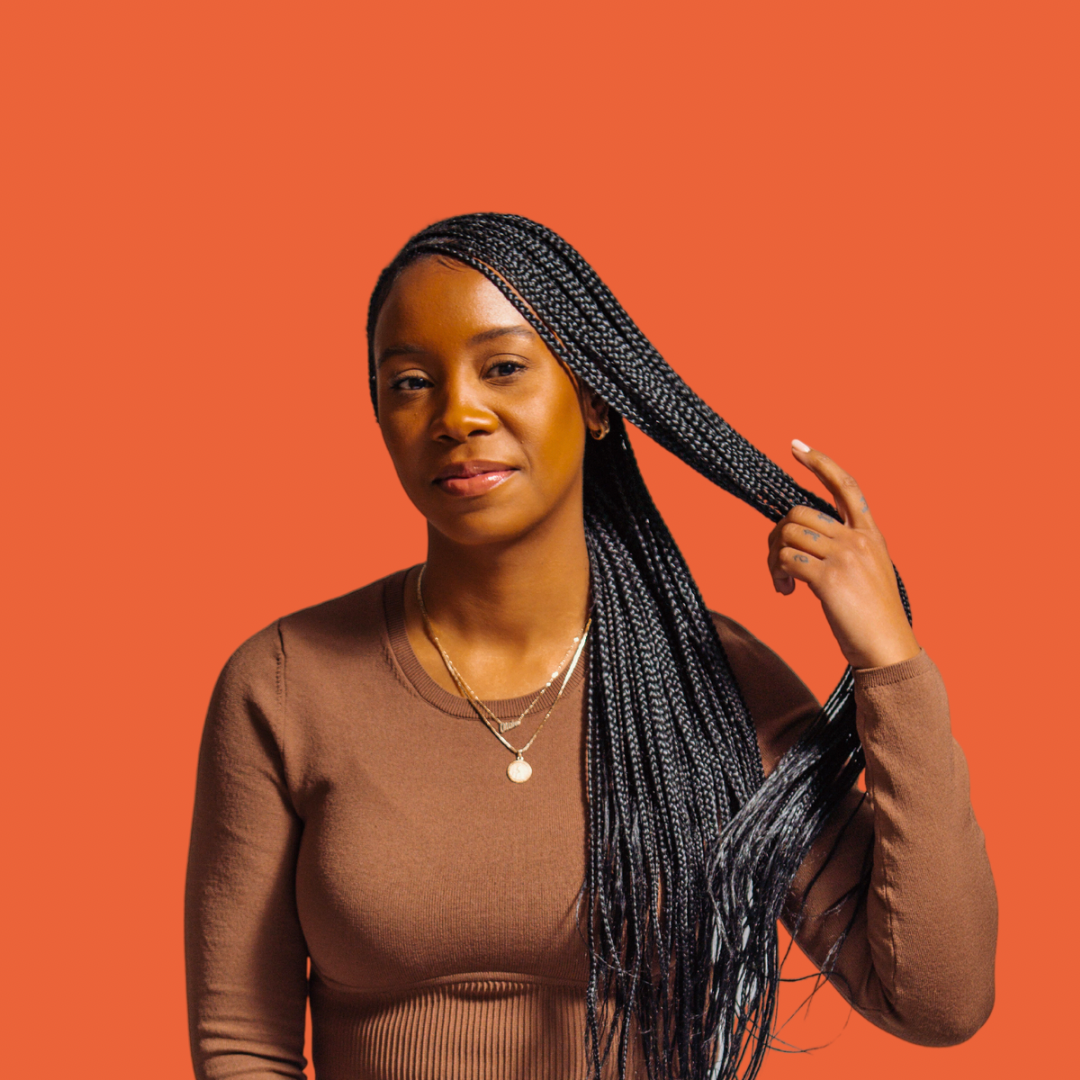
Rethinking Romance and Rewriting Friendship on Screen
Research Report - November 2025

There is kind of a disconnect between the people who are, like, making the movies or shows and the people who they are trying to represent.” - 15-year-old boy, Hispanic/Latinx, California
In recent years CSS has popularized the term “nomance,” which captures teens’ and young adults’ attitudes toward romance and sex on screen. This trend first emerged in our data in 2023 and, for the past three years, we’ve tracked it via our annual Teens and Screens survey. The message is clear–adolescents want to see less romance and sex on screen.
Key Takeaways
1. Teens Want Storytellers to Rethink Common Tropes Related to Romance & Sex on Screen
Many long-standing tropes that mark the rom-com genre specifically (and TV and film more generally) fall flat with modern teens. In our focus groups, teens characterized many of these tropes as either unrealistic or unsatisfyingly predictable.
“I mean there's already millions of shows and millions of movies about romance. Let's have, like, a TV show about people actually just being like friends instead of that.” - 15-year-old boy, White, Pennsylvania
2. Teens Want to See Friendships That Better Reflect Their Real Lives
Teens told us they want to see real, healthy friendships instead of TV friendships that feel nothing like their own. They want to see friends who actually communicate, support each other, and work through problems without constant drama or perfect, tidy resolutions.
CSS’s research has shown that authentically inclusive representation (AIR) is also good for the bottom line. Check out research on AIR which shows that higher “AIR” can lead to more positive critical and audience reception, higher viewership, and better performance at the box office.
3. Teens Want to see themselves depicted authentically on screen, and it supports their development.
Young people want to see their lives reflected in media. In this year’s Teens and Screens study, “relatable, realistic” content swept the preferred topics list and, when asked what they want to see more of, “people with lives like my own” was number 1.
Check out our Borrow My Eyes study, We interviewed teens about their daily social media use patterns and, especially, how they use social media to maintain their friendships on and offline.
Want to learn more about the topics teens want to see– including the types of friendships they want to see on screen? Check out our 2025 Teens and Screens report.
How to Cite This Report:
Zappas, M., Puretz, M., Abrahamian, L., Hines, A., & Uhls, Y.T. (2025). Beyond Nomance: Rethinking Romance and Rewriting Friendship on Screen. Center for Scholars & Storytellers. https://www.scholarsandstorytellers.com/nomance
A special thank you to
Funders for Adolescent Science Translation (FAST)
About the Authors
-
Marika Zappas, M.A.
CSS Fellow
Marika Zappas, M.A. is a researcher based in Los Angeles with a background in anthropology and educational psychology.
Her work with organizations like Noggin, Moonbug, Sense Worldwide and Mattel spans social research, consumer insights, UX and accessibility, with an emphasis on advocating for underserved and underrepresented groups across games, toys and media.
-

Matt Puretz, M.A.
Senior Researcher
Matt Puretz (he/they) is a Senior Researcher at CSS. He specializes in connecting creators to evidence-based insights from media psychology, helping them develop content that inspires social impact.
-

Leona Abrahamian
Research Assistant
Leona Abrahamian is a third-year PhD student in the Applied Developmental Psychology program at Fordham University. Her master's thesis examined associations between teacher-child relationship quality and children's social-emotional and academic outcomes. With a background in filmmaking and TV production, she values the role of storytelling through research and is grateful for the opportunity to contribute to CSS's mission.
-
Alisha J. Hines, PhD
VP of Research & Programs
As VP of Research & Programs, Dr. Alisha J. Hines leads the research team and oversees all studies conducted at the Center for Scholars & Storytellers at UCLA. She earned her PhD in History & African American Studies from Duke University and is a former faculty member of Wake Forest University's History Department.
-

Yalda T. Uhls, MBA, PhD
Founder and CEO
Founder and CEO of the Center for Scholars & Storytellers, Dr. Yalda T. Uhls is an internationally recognized, award-winning research scientist, educator, and author, who specializes in studying how media affects young people. She received her MBA and PhD in developmental psychology from UCLA, is a former movie executive at companies like MGM and Sony, and is a proud Gen Z parent.








